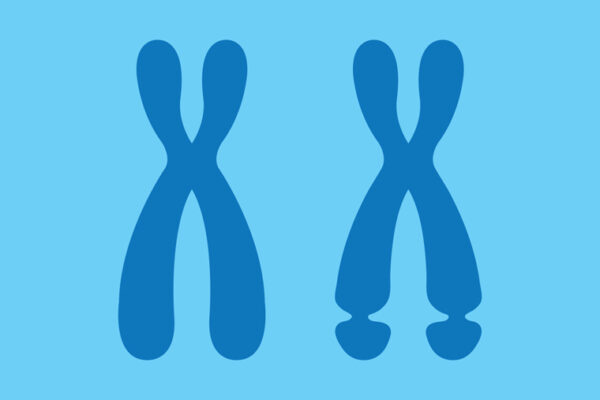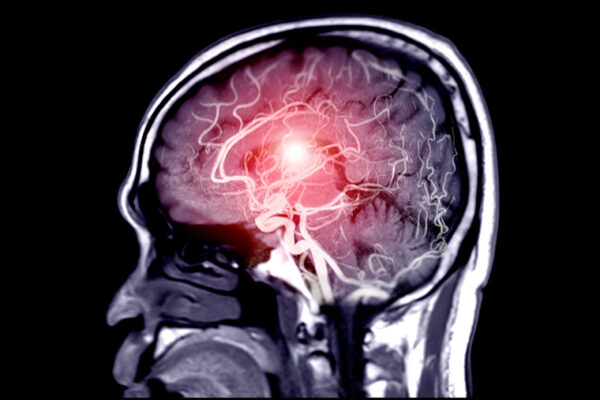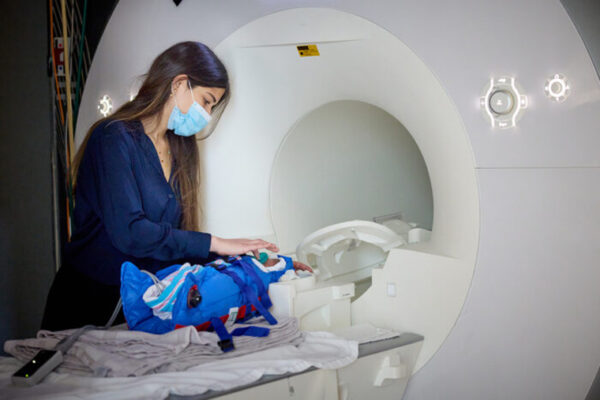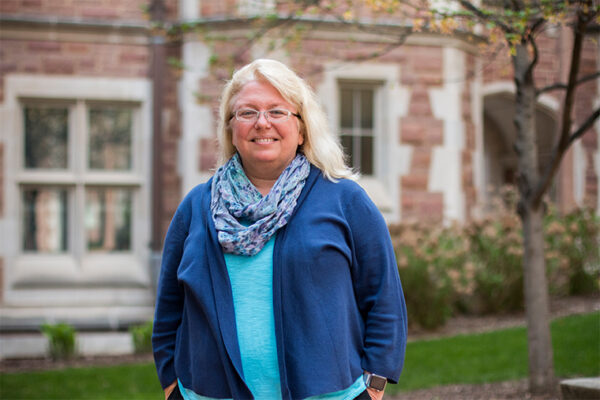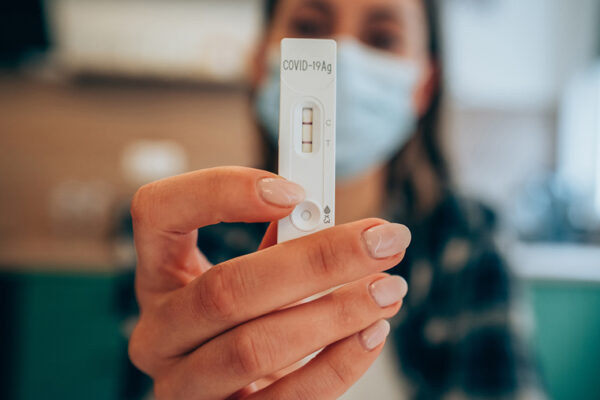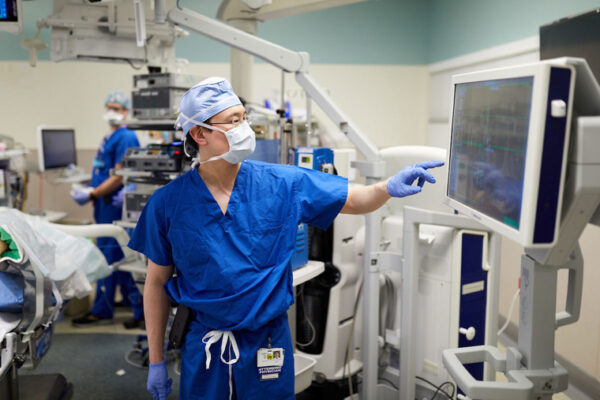Protein linked to intellectual disability has complex role
Researchers at Washington University School of Medicine have identified a previously unknown function for the fragile X protein, the loss of which is the leading inherited cause of intellectual disability. The researchers showed that the protein modulates how neurons in the brain’s memory center process information, a central part of learning and memory.
Neural pathway key to sensation of pleasant touch identified
Researchers from the Washington University Center for the Study of Itch and Sensory Disorders have identified a specific neuropeptide and a neural circuit that transmit pleasant touch from the skin to the brain. The findings eventually may help scientists better understand and treat disorders characterized by touch avoidance and impaired social development.
Calming overexcited neurons may protect brain after stroke
By scanning the genomes of nearly 6,000 stroke patients, School of Medicine scientists identified two genes associated with recovery. Both are involved in regulating neuronal excitability, suggesting that targeting overstimulated neurons may help promote recovery in the first 24 hours after stroke.
Risky driving behaviors increase as common sleep disorder worsens
Up to half of older adults may have sleep apnea, a condition in which breathing and sleep are briefly interrupted many times a night. A new study from the School of Medicine shows that this chronic tiredness can have serious implications for road safety.
Poverty, crime linked to differences in newborns’ brains
Scanning the brains of newborns, researchers at Washington University School of Medicine in St. Louis have found that maternal exposure to poverty and crime can influence the structure and function of young brains even before babies make their entrances into the world.
Barch recognized for achievement, excellence
The Society for Research in Psychopathology has awarded its Joseph Zubin Lifetime Achievement Award to WashU’s Deanna Barch in recognition of her lifetime contributions to the understanding of the field.
NIH funds Barch research on neurodevelopment
WashU’s Deana Barch will use a $753,181 grant from the National Institutes of Health (NIH) to better understand healthy neurodevelopment.
COVID-19 infection linked to higher risk of neuropathy symptoms
Researchers at Washington University School of Medicine have found that many people who tested positive for the coronavirus in the early months of the pandemic also experienced peripheral neuropathy — pain, tingling and numbness in the hands and feet — during and following their bouts with COVID-19.
For accuracy, brain studies of complex behavior require thousands of people
Scientists rely on brainwide association studies to measure brain structure and function — using brain scans — and link them to mental illness and other complex behaviors. But a study by researchers at Washington University School of Medicine in St. Louis and the University of Minnesota shows that most published brainwide association studies are performed with too few participants to yield reliable findings.
Kim named inaugural Danforth WashU Physician-Scientist Scholar
Albert H. Kim, MD, PhD, a professor of neurosurgery, has been named the inaugural William H. Danforth Washington University Physician Scholar. The School of Medicine’s new Physician-Scientist Investigators Initiative aims to attract the most talented physician-scientists.
Older Stories
